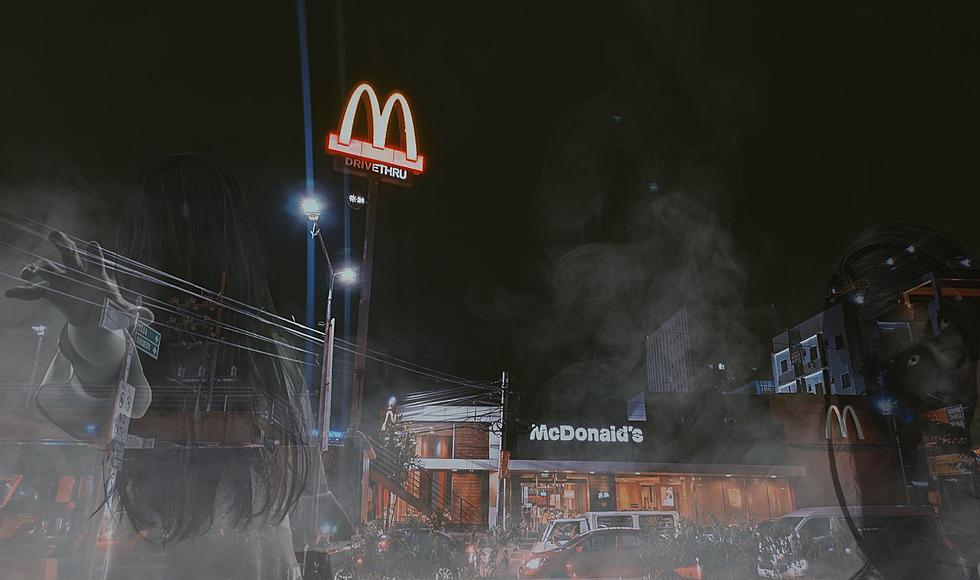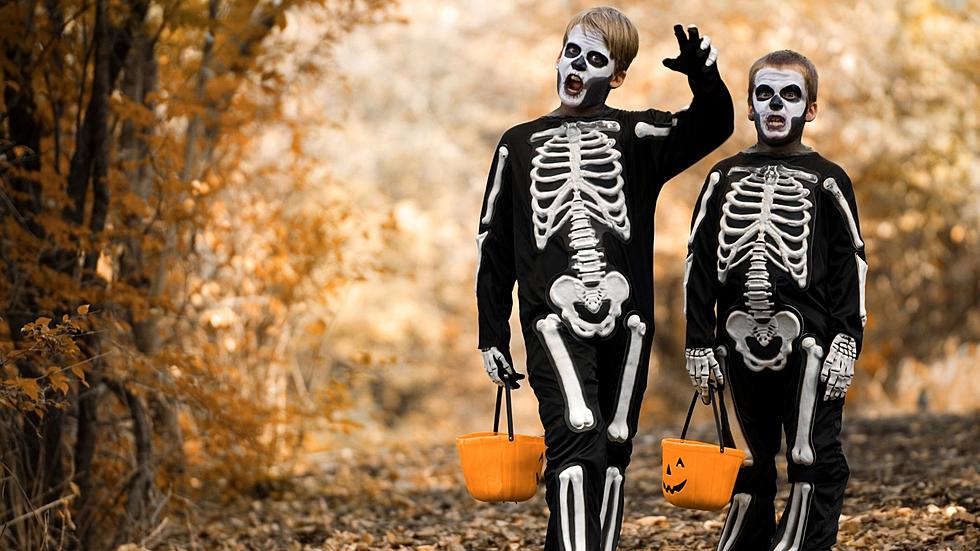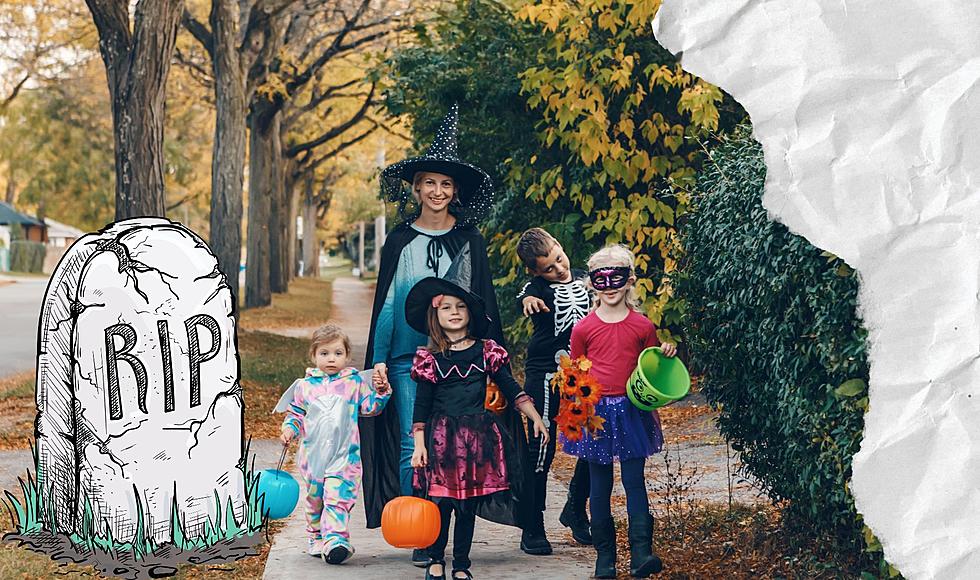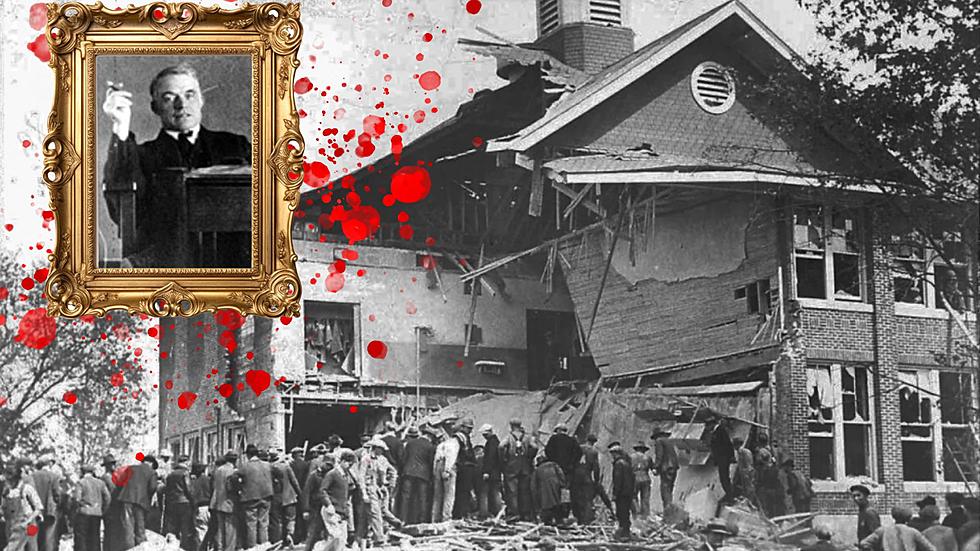
Halloween Was Never Meant for Children
According to a ridiculous article from the New York Post, adults need to stay out of Halloween and "give the holiday back to children". The truth is, Halloween was never meant for children. The Baby Boomers, with their hoards of offspring changed that. Don't believe me? Let's go over a brief history of Halloween, shall we?
Well over 2,000 years ago, winter was kind of a big deal but not in the holly and/or jolly sense. It was more along the lines of illness and/or death. People knew, deep down, that those who helped with the harvest may not be with them come spring. So, the Celts marked October 31st (what they considered the eve of winter) with one hell of a party, Samhain. It was the time that the spirits of the dead could walk among the living, and play tricks. To celebrate, members of pagan villages wore elaborate costumes, lit bonfires, and listened as elders prophesied. In typical pagan tradition there was a lot of drinking and a lot of sex. One last hurrah, because it could well be your very, very last hurrah. Clearly, the children were in bed for this one.
Fast forward a bit, the Romans conquer, well, most of everything, and adopt Samhain (along with gods, goddesses, and more than 170 observed holidays). They changed the name to the much more Roman Feralia, and added things like bobbing for apples. Still an end-of-harvest festival. Still a time for divination. Still celebrated with bonfires, costumes, drinking, and sex. Later, when Rome converted to Christianity, Feralia was no more. They declared the date of the observance of saints changed to November 1st, All Saints Day. October 31st became All Hallow's Eve.
So traditions continue for years-and-years-and-years in, if I can quote Eddie Izzard, "a night-time tele sort of way." Europeans make the treacherous voyage across the Atlantic and settle in North America. Their end-of-harvest festivities marry with similar traditions of the native people. The bonfires blazed, the costumes worn, and, keeping with tradition, ghost stories and fortune telling was center stage. Later, a mass exodus of Irish brought immigrants who added the "trick-or-treat" element, but not as we know it today. Remember when I said that Samhain was the time when spirits would play tricks on the living? Well, to ensure no harm befell a household, they would leave offerings (treats) of apples, gourds, and milk on their doorsteps so the wandering spirits could help themselves and not bother the living. See? Give them a treat or be tricked.
And so the holiday grew in the States. Towns would gather for Roman style apple-bobbing, costumed festival goers would dance through the thoroughfare, and shenanigans would more-or-less run amok, superstition all but completely vanished from the holiday. Fortunes were told for fun. Ghost stories served as entertainment, not warning. At a time when winter still threatened illness and death, Halloween held that same last hurrah feeling it once had, but with a lot less drinking and sex. (Early Americans, what can I say?) But the towns were becoming larger. More and more people were settling, making the usual meeting places much too small for such boisterous celebrations. And that's when it all changed.
In the beginning of the 20th century, cities changed their annual celebrations to accommodate the growing population. Instead of meeting in the center of the town, Halloween would now go door-to-door. Picking up the trick-or-treat tradition, children were encouraged to dress up and go knocking on doors, adorably threatening their neighbors while dressed as ghosts and ghouls. After WWII, the Baby Boom was in full effect, and the number of children far out-numbered adults in some areas. With that many children it's impossible to hold festivities without them, so the more intimate Halloween tradition of individual parties, where young and old are encouraged to participate, was born.
So, person writing for the New York Post, Halloween wasn't meant for children. If anything, it was meant to get drunk and make more children. Whatever the case, society has decided kids can tag along for this one... especially if they're dressed up like a delightful little skunk, or overly plump Stay Puft Mini-Marshmallow Man. Just look at those cheeks. Long story longer, just let people celebrate the way they want to, and stop shaming people for loving Halloween.
Bonus Video: Celebrate Your Dork
More From 107.7 WRKR-FM









